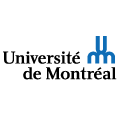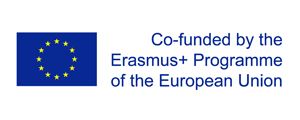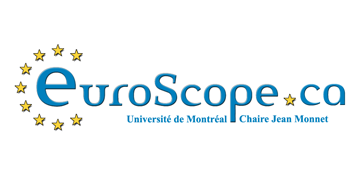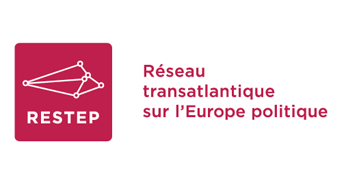RevUE de la conférence de Nicole Iturriaga proposé par David Tallents
This week’s talk at the Jean Monnet Centre Montreal was given by Nicole Iturriaga, a postdoctoral fellow at the Max Planck Institute Center on Religious and Cultural Diversity. Entitled “Exhuming Violent Histories: Forensics, Memory, and Rewriting Spain’s Past,” her talk provided a look into the intersection of forensic science and collective memory in modern-day Spain. Iturriaga’s research follows the Spanish Association for the Recovery of Historical Memory (ARMH), an organization which performs forensic analysis on victims of the Spanish Civil War and Franco Regime, often displaced throughout the country in unmarked mass graves. Exhuming and identifying these remains has become an important way to overcome Spain’s pacto del olvido (pact of forgetting), an informal agreement that has dominated post-Franco memory narratives in the country.
Iturriaga’s talk centred around her ethnographic work with the ARMH. At the request of victims’ families, the ARMH have been exhuming and identifying the remains of victims across Spain. From interviews and field research at these sites, Iturriaga can describe the impromptu classes which often take place there between experts and locals. She identifies three key tactics used by ARMH activists to increase the credibility of their work and encourage conversation among observers: depoliticized science framing, action-oriented objects, and embodiment.
Iturriaga shows how the ARMH is able to frame their work as exclusively scientific, discoupling it from a political agenda. ARMH activists explain to the gathered crowd that their work is motivated by the families of the victims, who seek healing, not political retribution. Through this frame, the bones of victims are enabled to speak for themselves. Bullet holes, signs of torture, and other features of the remains reinforce their agency and voice. These remains, and the objects with which they are often buried (such as shoes and jewelry), can become embodied with the envisioned lives of the dead. They connect observers with victims by invoking a shared humanity. These impromptu classes between curious locals and ARMH activists are laying the groundwork for new counter-memories in Spain. Iturriaga’s work shows us how groups like the ARMH are using forensic science and other tactics to accomplish this.
Following the presentation, discussant David Tallents provided a brief summary, highlighting the work’s important contributions to literature on collective memory, formation of counter-memories, and depoliticized scientific framing, to name just a few. He also considered the depoliticized approach of the ARMH, and questioned its potential to fracture collective memory in Spain rather than unite it. As Iturriaga explained, the ARMH is merely in the early stages of its work, and for now just wants to start a conversation.
Other points brought up during the Q&A session included the makeup of crowds at exhumations and the potential for selection bias, the limits of forensic sciences and depoliticized science framing, and the future of the ARMH and similar organizations. The session ended on an optimistic tone for the potential of forensic sciences as a tool to uncover the truth and shape collective memory in Spain and beyond.









